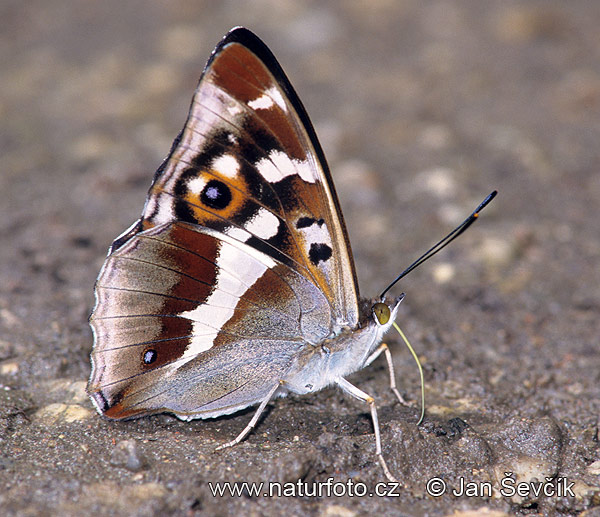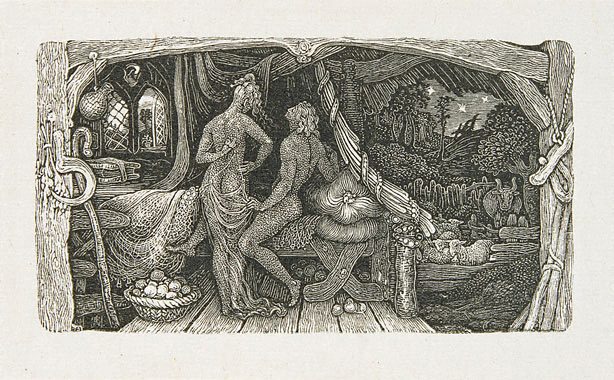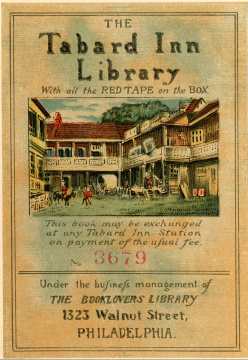The rediscovery of the
toast sandwich - a slice of toast between two slices of bread - put me in mind of Woody Allen's chronicle of the Earl of Sandwich's painstaking discovery of the sandwich (written back in the days when he could be quite funny). I take up the story with the Earl's university days...
1736: Enters Cambridge University, at his parents' behest, to
pursue studies in rhetoric and metaphysics, but displays little
enthusiasm for either. In constant revolt against everything academic,
he is charged with stealing loaves of bread and performing unnatural
experiments with them. Accusations of heresy result in his expulsion.
1738: Disowned, he sets out for the Scandinavian countries, where
he spends three years in intensive research on cheese. He is much
taken with the many varieties of sardines he encounters and writes in
his notebook, "I am convinced that there is an enduring reality,
beyond anything man has yet attained, in the juxtaposition of
foodstuffs. Simplify, simplify." Upon his return to England, he meets
Nell Smallbore, a greengrocer's daughter, and they marry. She is to
teach him all he will ever know about lettuce.
1741: Living in the country on a small inheritance, he works day
and night, often skimping on meals to save money for food. His first
completed work — a slice of bread, a slice of bread on top of that, and a
slice of turkey on top of both — fails miserably. Bitterly disappointed,
he returns to his studio and begins again.
1745: After four years of frenzied labor, he is convinced he is on
the threshold of success. He exhibits before his peers two slices of
turkey with a slice of bread in the middle. His work is rejected by all
but David Hume, who senses the imminence of something great and
encourages him. Heartened by the philosopher's friendship, he
returns to work with renewed vigor.
1747: Destitute, he can no longer afford to work in roast beef or
turkey and switches to ham, which is cheaper.
1750: In the spring, he exhibits and demonstrates three consecu-
tive slices of ham stacked on one another; this arouses some interest,
mostly in intellectual circles, but the general public remains
unmoved. Three slices of bread on top of one another add to his
reputation, and while a mature style is not yet evident, he is sent for
by Voltaire.
1751: Journeys to France, where the dramatist-philosopher has
achieved some interesting results with bread and mayonnaise. The
two men become friendly and begin a correspondence that is to end
abruptly when Voltaire runs out of stamps.
1758: His growing acceptance by opinion-makers wins him a
commission by the Queen to fix "something special" for a luncheon
with the Spanish ambassador. He works day and night, tearing up
hundreds of blueprints, but finally—at 4:17 A.M., April 27, 1758 — he
creates a work consisting of several strips of ham enclosed, top and
bottom, by two slices of rye bread. In a burst of inspiration, he
garnishes the work with mustard. It is an immediate sensation, and
he is commissioned to prepare all Saturday luncheons for the
remainder of the year.
1760: He follows one success with another, creating "sandwiches,"
as they are called in his honor, out of roast beef, chicken, tongue, and
nearly every conceivable cold cut. Not content to repeat tried
formulas, he seeks out new ideas and devises the combination
sandwich, for which he receives the Order of the Garter.
1769: Living on a country estate, he is visited by the greatest men
of his century; Haydn, Kant, Rousseau and Ben Franklin stop at his
home, some enjoying his remarkable creations at table, others
ordering to go.
1778: Though aging physically he still strives for new forms and
writes in his diary, "I work long into the cold nights and am toasting
everything now in an effort to keep warm." Later that year, his open
hot roast-beef sandwich creates a scandal with its frankness.
1783: To celebrate his sixty-fifth birthday, he invents the
hamburger and tours the great capitals of the world personally,
making burgers at concert halls before large and appreciative
audiences. In Germany, Goethe suggests serving them on buns — an
idea that delights the Earl, and of the author of Faust he says, "This
Goethe, he is some fellow." The remark delights Goethe, although the
following year they break intellectually over the concept of rare,
medium and well done.
1790: At a retrospective exhibition of his works in London, he is
suddenly taken ill with chest pains and is thought to be dying, but
recovers sufficiently to supervise the construction of a hero sandwich
by a group of talented followers. Its unveiling in Italy causes a riot,
and it remains misunderstood by all but a few critics.
1792: He develops a genu varum, which he fails to treat in time,
and succumbs in his sleep. He is laid to rest in Westminster Abbey,
and thousands mourn his passing.
At his funeral, the great German poet Holderlin sums up his
achievements with undisguised reverence: "He freed mankind from
the hot lunch. We owe him so much."
















